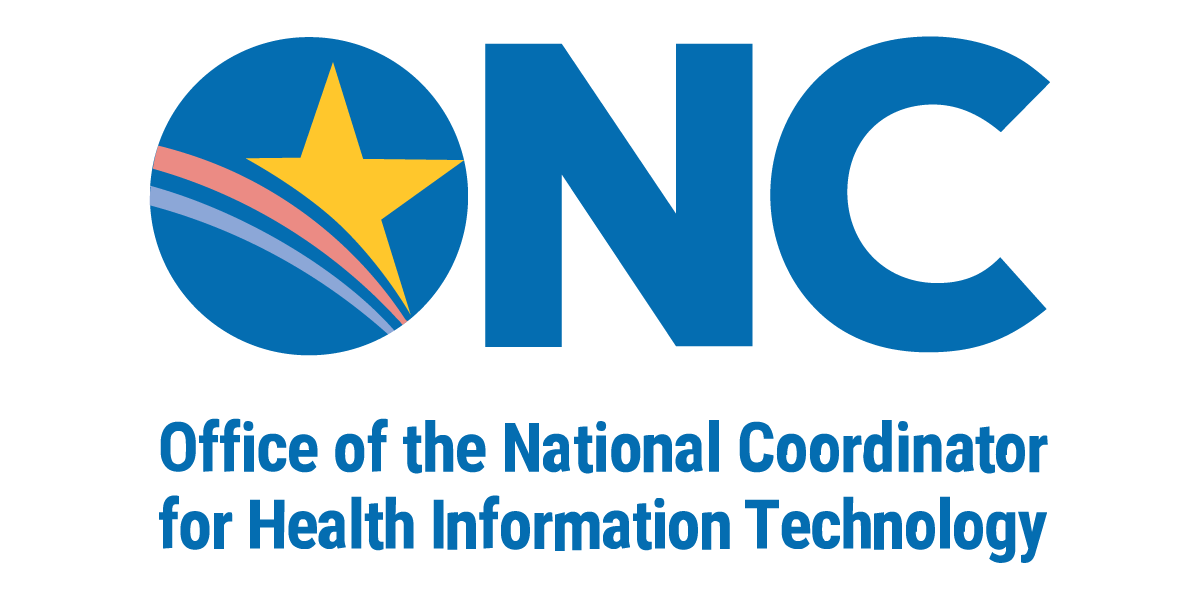AI/ML for Study Section Prediction in NICHD
Section 1: Use Case Identifiers
Use Case ID: HHS-NIH-00005Agency: HHS
Op Div/Staff Div: NIH
Use Case Topic Area: Government Services (includes Benefits and Service Delivery)
Is the AI use case found in the below list of general commercial AI products and services?
None of the above.
Describe the AI system's outputs.
Internal: NIH ImpacII and eRA Review Module queries. Results are presented as study section (class) predictions and class probabilities.
Stage of Development: Implementation and Assessment
Is the AI use case rights-impacting, safety-impacting, both, or neither?
Neither
Section 2: Use Case Summary
Date Initiated: 10/2023Date when Acquisition and/or Development began: 10/2023
Date Implemented: N/A
Date Retired: N/A
Was the AI system involved in this use case developed (or is it to be developed) under contract(s) or in-house?
Developed in-house.
Provide the Procurement Instrument Identifier(s) (PIID) of the contract(s) used.
N/A
Is this AI use case supporting a High-Impact Service Provider (HISP) public-facing service?
N/A
Does this AI use case disseminate information to the public?
No
How is the agency ensuring compliance with Information Quality Act guidelines, if applicable?
N/A
Does this AI use case involve personally identifiable information (PII) that is maintained by the agency?
Yes
Has the Senior Agency Official for Privacy (SAOP) assessed the privacy risks associated with this AI use case?
ongoing
Section 3: Data and Code
Do you have access to an enterprise data catalog or agency-wide data repository that enables you to identify whether or not the necessary datasets exist and are ready to develop your use case?Yes
Describe any agency-owned data used to train, fine-tune, and/or evaluate performance of the model(s) used in this use case.
NIH IMPAC II funded and unfunded grant application data is used. Unstructured text from project abstract, specific aims, and title are encoded and vectorized for model training and inference. Fiscal year, activity code, and RCDC terms are transformed via one-hot encoding for use in model training and inference. PII related to individuals associated with the grant is kept intact to preserve the integrity of the use case of grant application referral and the trends of researchers' focus on particular scientific areas.
Is there available documentation for the model training and evaluation data that demonstrates the degree to which it is appropriate to be used in analysis or for making predictions?
Documentation is complete
Which, if any, demographic variables does the AI use case explicitly use as model features?
N/A
Does this project include custom-developed code?
Yes
If the code is open-source, provide the link for the publicly available source code.
N/A
Section 4: AI Enablement and Infrastructure
Does this AI use case have an associated Authority to Operate (ATO) for an AI system?No
System Name: N/A
How long have you waited for the necessary developer tools to implement the AI use case?
Less than 6 months
For this AI use case, is the required IT infrastructure provisioned via a centralized intake form or process inside the agency?
Yes
Do you have a process in place to request access to computing resources for model training and development of the AI involved in this use case?
Yes
Has communication regarding the provisioning of your requested resources been timely?
Yes
How are existing data science tools, libraries, data products, and internally-developed AI infrastructure being re-used for the current AI use case?
None
Has information regarding the AI use case, including performance metrics and intended use of the model, been made available for review and feedback within the agency?
Limited documentation for review



